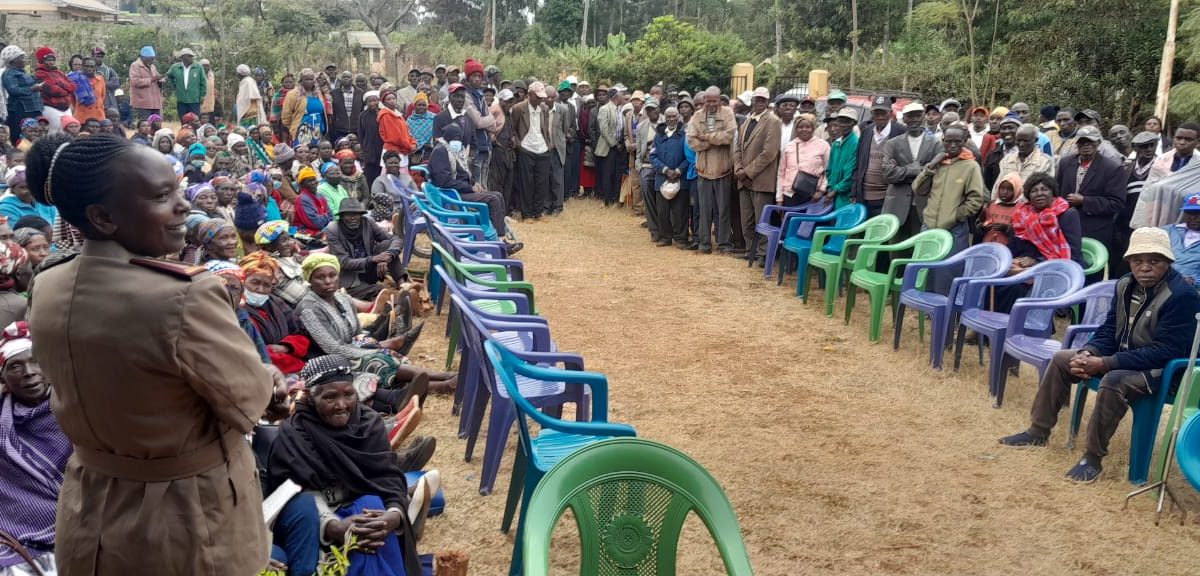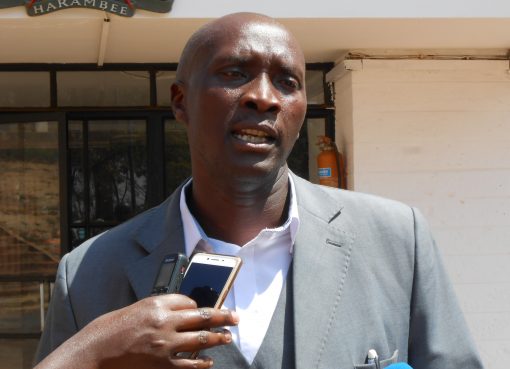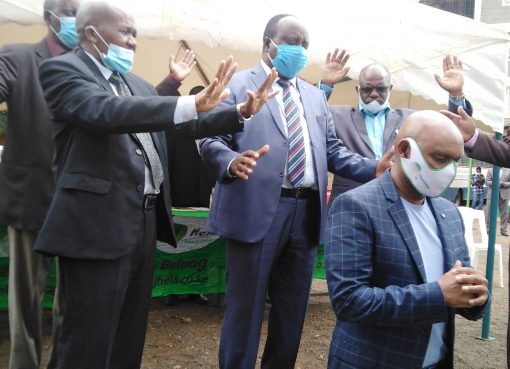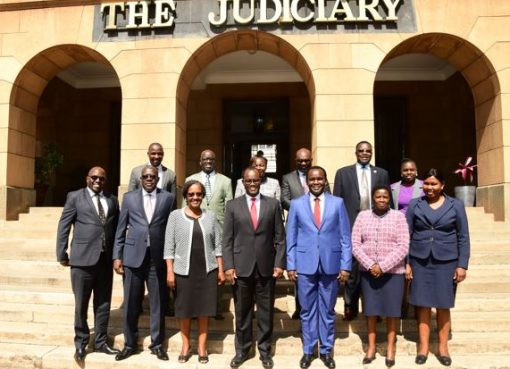Nyeri County has registered a total of 26,606 new beneficiaries for the Inua Jamii programme that closed on September 30.
The government rolled out a nationwide mass registration exercise on September 1 and had planned to run it for two weeks. The exercise was, however, extended for another two weeks when it was realised there was a possibility of locking out deserving beneficiaries due to logistics.
A total of 500,000 Orphans and Vulnerable Children (OVC) and Persons with Severe Disabilities (PWSDs) had been targeted in the new listing.
Others who were earmarked in the enhanced listing included Older Persons (OP) who had attained the age of 70 years.
In Nyeri, the government targeted a total of 3,952 new beneficiaries for the OVC and PWSDs, but this figure has exceeded the initial projection by 3,280 persons.
Nyeri County Children Officer Mwaniki Kung’u told KNA the list of the newly registered individuals has been forwarded to Nairobi for verification before they can be processed as new beneficiaries.
Kung’u has also clarified that payments for those already captured under the programme are ongoing for the month of September, as the government had announced earlier on.
“The process of capturing details of new members for consideration in the Inua Jamii programme came to a close on September 30, and we have already forwarded the data to the headquarters for data cleaning. It is after this process has been concluded that we shall get direction on the way forward,” he said.
Last month, Mwaniki stated that those who desired to be enlisted under the Cash Transfer for Orphans and Vulnerable Children (CT-OVC) and the Cash Transfer for Persons with Disabilities (CT-PWDs) had to wait until a validation report had been prepared to qualify for the sh2,000 monthly stipend.
In August, the state began disbursing funds for the Inua Jamii cash transfer programme on a monthly basis to help address perennial backlogs that had turned out to be an added pain to the intended beneficiaries.
The move came at a time when beneficiaries of the social safety net had been forced to wait for months before receiving the dues.
By early August, the State Department for Social Protection and Senior Citizens had managed to disburse a total of Sh2.8 billion as payment for the month of July.
The State also released an extra Sh4.3 million for the Nutrition Improvement through Cash and Health Education (NICHE) programme, which complements the Inua Jamii initiative.
A total of 1,042,864 people were expected to benefit from the disbursement.
In Nyeri, the state was to disburse sh 2,000 to a total of 4,800 households through the CT-OVC and a similar amount to 17,000 elderly persons under the Older Persons programme for the same month.
Mwaniki has lauded the move by the state, terming it a big relief for hundreds of beneficiaries who initially had to wait for months before accessing the money.
“We are happy to announce that all the pending arrears for the Inua Jamii payment since 2021 to date have been paid out. What we are currently doing is clearing payments for the month of July. Towards the end of this month, we expect to pay out money for August and embark on enlisting new beneficiaries for this programme as directed by the Head of State yesterday,” said Mwaniki when he spoke to KNA on August 7 this year.
For one to access the monthly stipend, he or she must have been registered through the Consolidated Cash Transfer Programme Management Information System (CCTPMIS).
In addition, one must be in possession of an Inua Jamii payment card, national Identity Card and a caregiver national identity card every time he or she wants to make a withdrawal.
Beneficiaries have the liberty to choose among six banks as their payment service provider. They include Equity, Cooperative, National Bank, Kenya Women Microfinance Trust, Kenya Commercial Bank, and Kenya Post Office Savings Bank (Post Bank).
President Dr. William Ruto has promised that his administration will be diligent in ensuring timely disbursement of the funds that ensure the most vulnerable in life can enhance their quality of life.
The OPCT, PWSD-CT, and CT-OVC programmes were established in September 2013 to uplift the lives of the most vulnerable members of society in order to enable them to meet their most basic needs.
The National Safety Net Programme (NSNP) covers a total of 1.2 million households in the three cash transfer programmes.
As of the 2018–2019 financial year, the cash transfer for orphans and vulnerable children had enrolled 353,000 households, representing 29 per cent coverage.
The older persons’ cash transfer (targeting households with individuals aged over 65 years) and the Inua Jamii programme (targeting individuals aged 70 years and above) had 833,129 beneficiaries, representing a coverage of 78 per cent, while persons with severe disabilities had 47,000 beneficiaries, representing 3 per cent coverage.
By Samuel Maina





